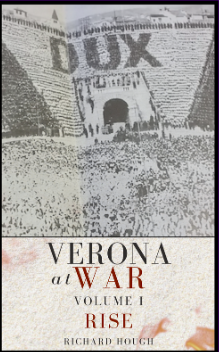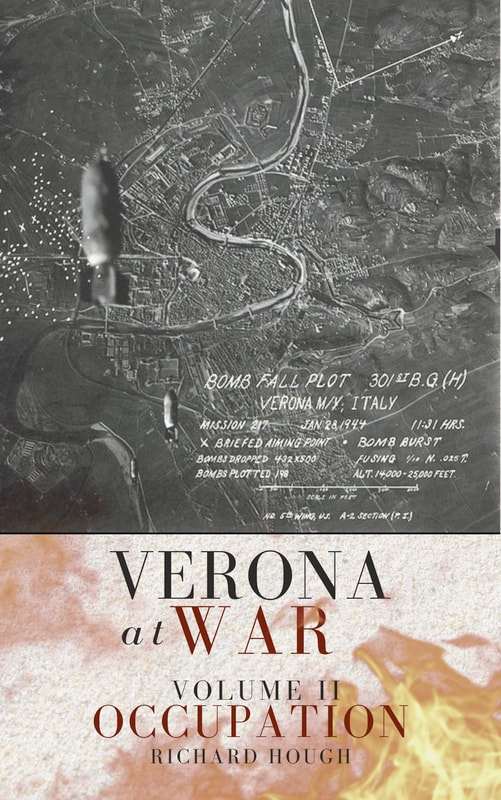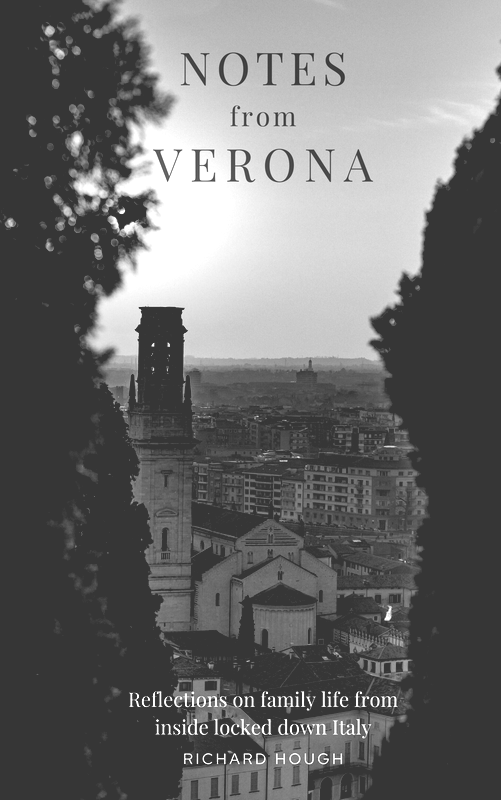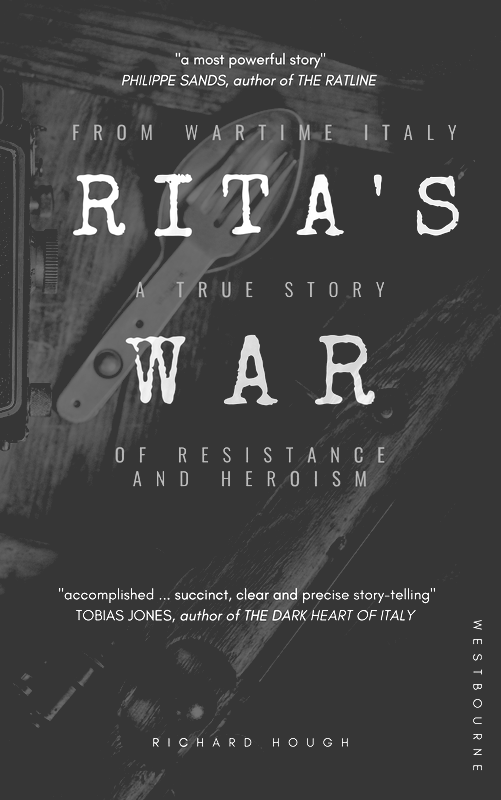|
Last week saw a rather unseemly spat between His Holiness the Bishop of Rome and Republican Presidential nominee in waiting, Donald Trump. The dispute over whether the construction of a 1,954 mile wall between the United States and Mexico is compatible with Christian doctrine placed the ethics of wall building at the forefront of the global news agenda, if just for one day. Of course, walls have something of a chequered history. While few mourn the fall of the Berlin War, walled towns like Lucca and, to a lesser extent, Verona are defined by their ancient ramparts. The Great Wall of China is, of course, another example of a revered wall that has stood the test of time (visible from space, apparently). Whether we'll still be talking about Trump's Wall in 1000 years time will, I suppose, be determined by the good people of America, but I have my doubts. In a previous post, I explained that I was embarking on a pilgrimage along the length of Hadrian's Wall in memory of my good friend and former colleague Jude Payne (Remembering my colleague and Friend Jude Payne). Determined to take something positive from Jude's death, we have already raised nearly £4,000 for research into leukaemia, lymphoma, myeloma and other blood disorders. Jude was a passionate amateur historian and, in particular, he loved all things Roman (which is why we chose to walk Hadrian's Wall in his memory). Beyond raising money, as a proud student of history I also want to take this opportunity to extend my knowledge of Roman history, which, as things stand, is practically non-existent. So, who was Hadrian, what did he do, and what (aside from his wall) is his legacy? The answers to these questions are not quite what I was expecting. Hadrian's rise to power
Hadrian came from a wealthy but not aristocratic family. When he was only nine years old, his father died and Hadrian fell under the guardianship of a distant relative named Trajan. Trajan was a successful Roman general and was subsequently adopted by the elderly and childless emperor Nerva. When Nerva died, Trajan succeeded him as emperor. Hadrian then married Trajan's great niece Sabina, a loveless marriage of political convenience that brought Hadrian even closer to the seat of Roman power. As Trajan embarked on a series of wars, extending the reach of his empire, Hadrian served with distinction as military officer, eventually becoming governor of the war-torn province of Syria. Hadrian the peacemaker When Trajan died, Hadrian was proclaimed his successor, having been adopted by the dyeing emperor on his deathbed. Hadrian inherited a Roman empire that was massively overstretched and vulnerable. Almost immediately he ordered the withdrawal of the Roman army from all territories beyond the Euphrates, reversing Trajan's rein of conquest and expansion in favour of a more modest policy of consolidation and stability. Hadrian the Greek For his devotion to Greek studies, Hadrian had earned the nickname Graeculus, the little Greek. He was the first Roman emperor to wear a beard (his hair was apparently groomed with curling irons by specially trained slaves). He was also a diligent student of greek philosophy, architecture and history. Greece gave him something else, far more important to him than his hairstyle, its architecture or philosophy (more of which later). Hadrian the architect Emperor Hadrian transformed the urban landscape of Rome, creating some of the most iconic monuments of the ancient world, including Rome's vast Pantheon, one of the greatest architectural wonders of the ancient world. Hadrian the barbarian Although Hadrian is generally considered to have brought peace and stability to the empire, there is one episode that shows a very different side to his rein. Hadrian wanted to destroy Jerusalem, eradicate its jewishness (he banned Jewish practices including circumcision) and rebuild it as a classic Roman settlement to be named Aelia Capitolina. This sparked a fierce Jewish revolt led by Simon bar Kochba, which was eventually brutally quashed. 585,000 Jews were killed on the battlefield. Many more men, women and children perished from starvation, disease or fire. So many Jews were enslaved that at the slave market they fetched less than the price of a horse. Jews were permanently expelled from Judaea, which was renamed Palaestina after the Jews' ancient enemies, the Philistines. Hadrian the lover To find a more humane side to Hadrian, we must return to his affection for all things Greek. Antinous was a young Greek boy Hadrian met while on one of his extensive tours of the empire. Despite being married, it is generally accepted that Hadrian was, in fact, gay and Antinous was, in effect, the emperor's consort. Quite what the Romans made of such an arrangement is disputed, but it is generally thought that the Romans were an open minded and tolerant bunch (Caesar, Antony, Titus and Trajan are all said to have been bisexual). But, tragedy struck. Antinous mysteriously drowned in the Nile. Hadrian was heartbroken and began a spectacular process of mourning that would include the deification of his young lover, the creation of a town called Antinopolis and the construction of statues of Antinous all over the Mediterranean. The end of Hadrian's rein Devastated by the loss of his lover and exhausted by the conflict in Judaea, Hadrian succumbs to depression and ill-health. He tries, unsuccesfully, to kill himself and eventually dies on 10 July AD 138, unloved at home and despised abroad. The persecution of the Jews abates slightly under his successor Antoninus Pius, but the Jewish population will never forget Hadrian's massacre of their ancestors. The emperor's body is transferred to his mausoleum (now the Castel Sant'Angelo) in Rome. ------------------------------ So, it turns out there is more (a lot more) to Hadrian than just the great wall that bears his name. And, while I'll never match my friend's enthusiasm for the subject, at least now I understand a little bit more about that remarkable period of history about which he was so passionate. Vivat Iudas |
AboutRichard Hough writes about history, football, wine, whisky, culture + travel and is currently working on a trilogy about wartime Verona.
|



